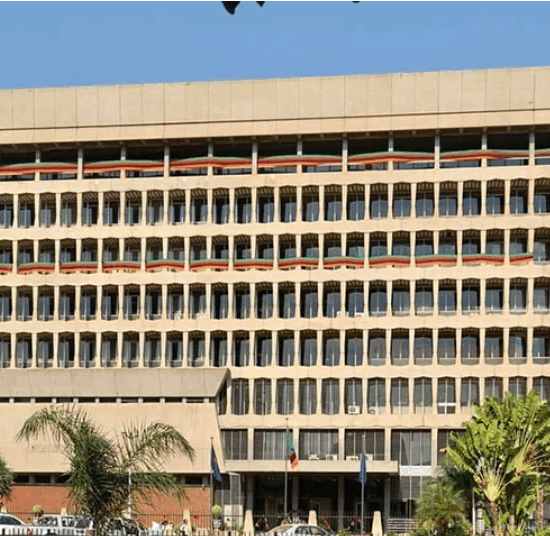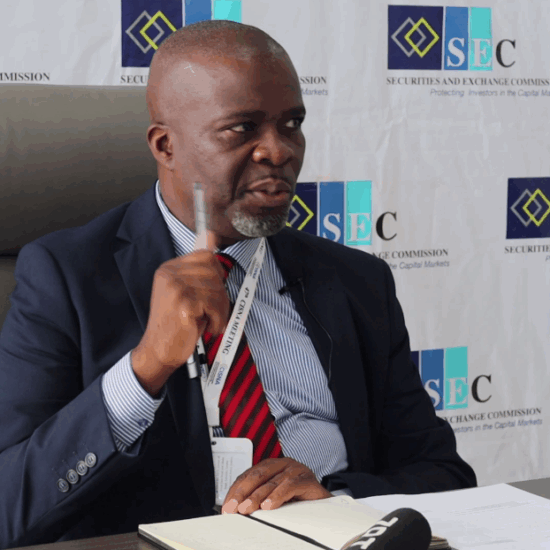
The timing as to when the Zambian government will finalize the IMF deal for $1.4 billion Extended Credit Facility – ECF is dependent on creditors and not entirely on the Zambian government.
The pitching that it would be closed by June 2022 is not entirely in the hands of the Zambian government or the Finance Minister Situmbeko Musokotwane and his team but on the G20 creditor committee.
In an exclusive interview with the Zambian Business Times – ZBT, IMF spokeperson for Zambia Louis Meera stated that the the debt sustainability analysis has not yet been completed but is in the process of finalizing.
“[IMF/World bank] staff are in the process of finalizing the joint IMF-World Bank debt sustainability analysis for Zambia; it will be ready to be shared once the G20 Creditor Committee under the Common Framework for debt treatments is formed”, stated Meera.
She told ZBT that “we aim to bring the Zambia program to the IMF Board as soon as possible. However the precise timing will depend on when the [Zambian] authorities can secure the necessary financing assurances from creditors.
When asked whether the G20 creditors committee has reached consensus on the way forward, the IMF spokeperson could neither confirm or deny but referred ZBT to the G20 creditor committee.
There has been assertions on social media which have gone viral that the $1.4 billion IMF deal for Zambia has collapsed. However, these reports will only be fully confirmed once the G20 creditors committee and the Paris club (committee of creditors) weighs in and advises their verdict.
The IMF can only approve the Zambian facility once the G20 credit committee and the Paris club group of bilateral creditors give their assurance or support. The Paris Club is an informal group of official creditors whose role is to find coordinated and sustainable solutions to the payment difficulties experienced by debtor countries.
As debtor countries like Zambia in this case undertake reforms to stabilize and restore their macroeconomic and financial situation, Paris Club creditors provide an appropriate debt treatment. Paris Club creditors provide debt treatments to debtor countries in the form of rescheduling, which is debt relief by postponement or, in the case of concessional rescheduling, reduction in debt service obligations during a defined period







